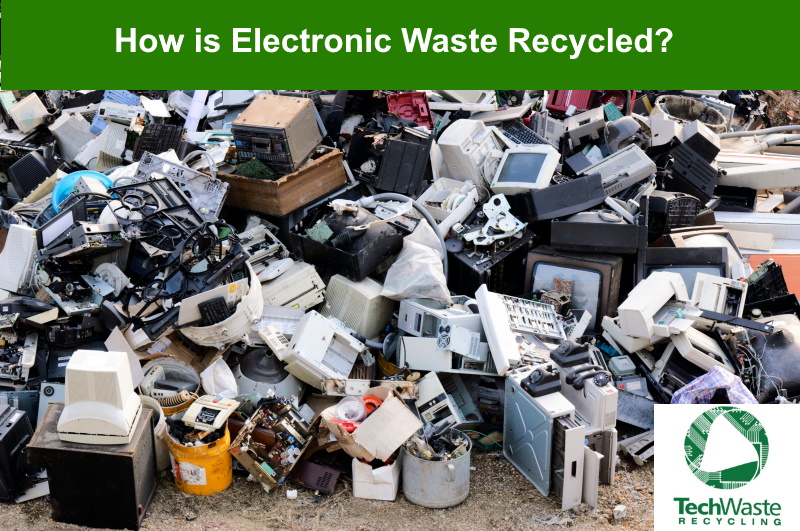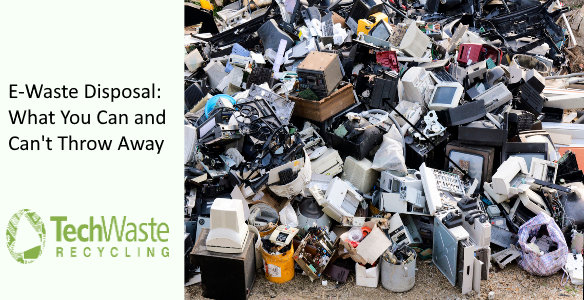How is Electronic Waste Recycled?
Electronic waste comprises more than 5% of municipal solid garbage. These abandoned electronic gadgets are frequently disposed of in landfills. Electronics often contain harmful and poisonous elements. Inappropriate disposal of electronics releases hazardous compounds in the environment. E-waste recycling is the reprocessing and reusing of electronic waste. E-waste recycling [...]



































